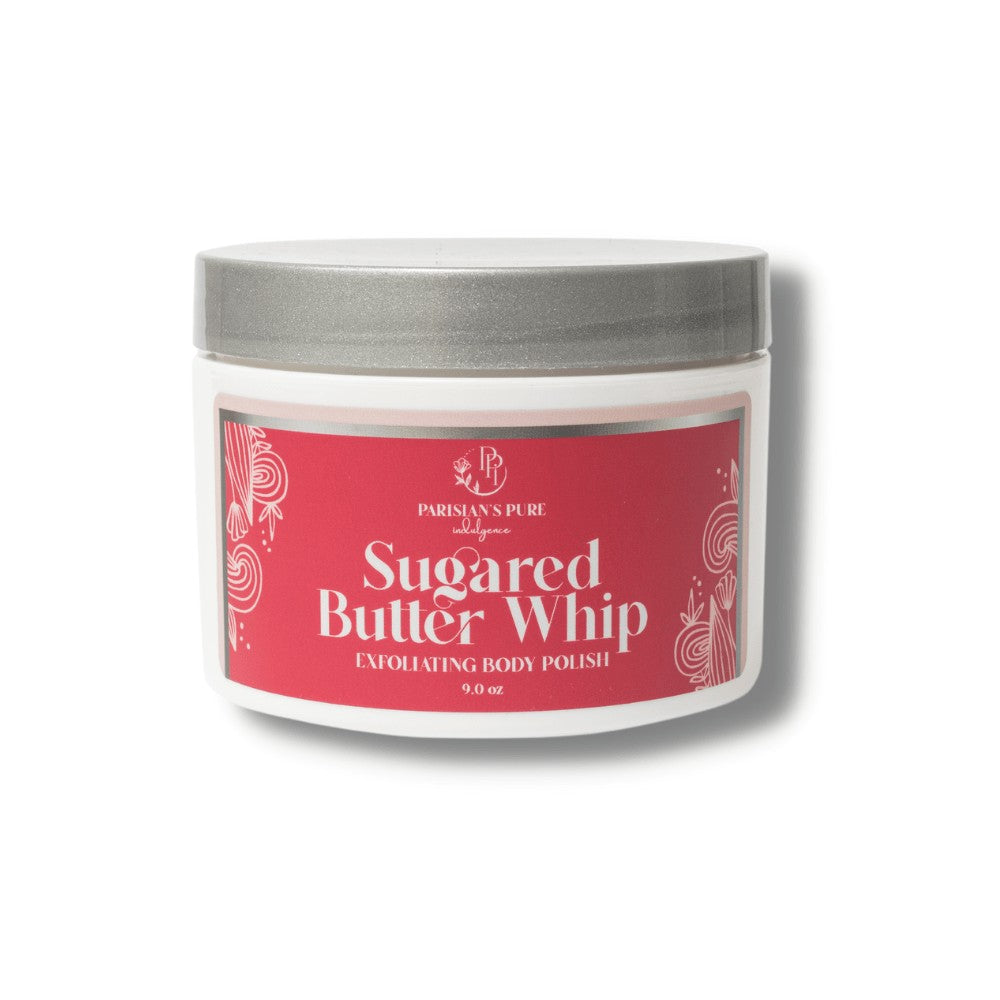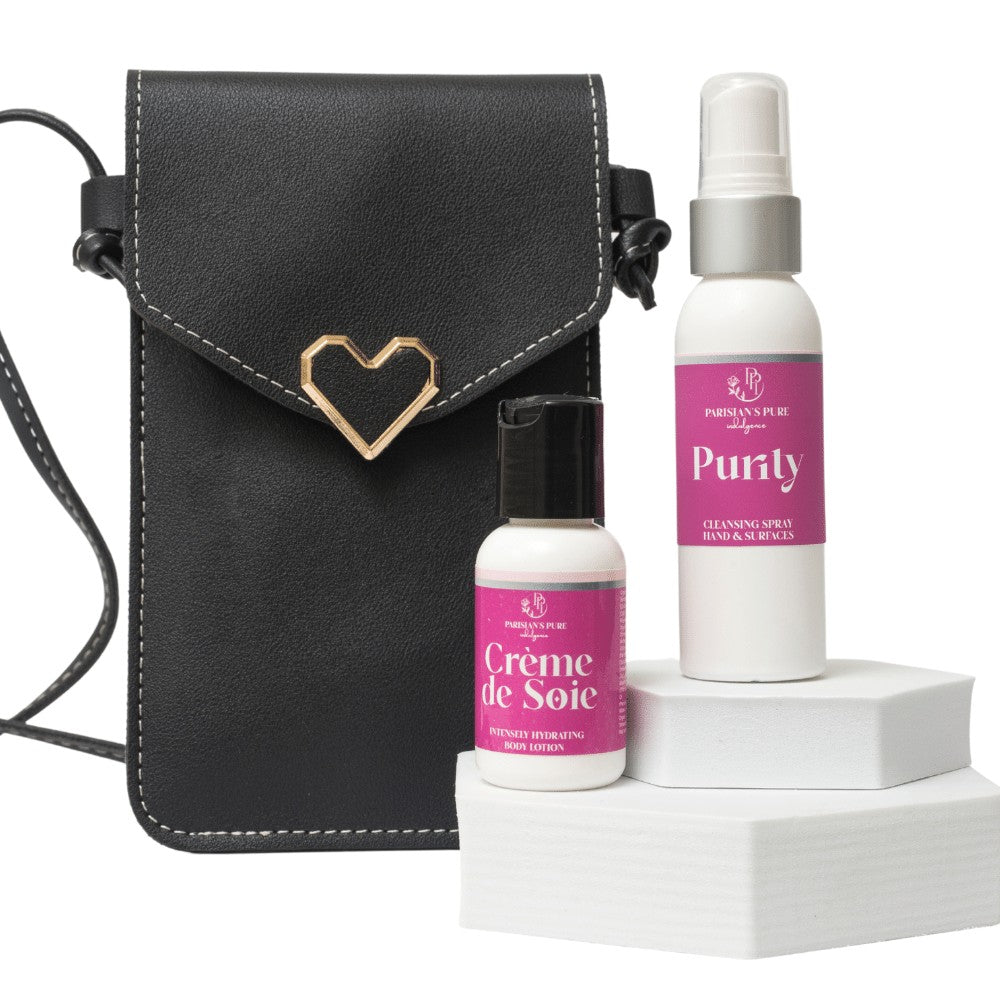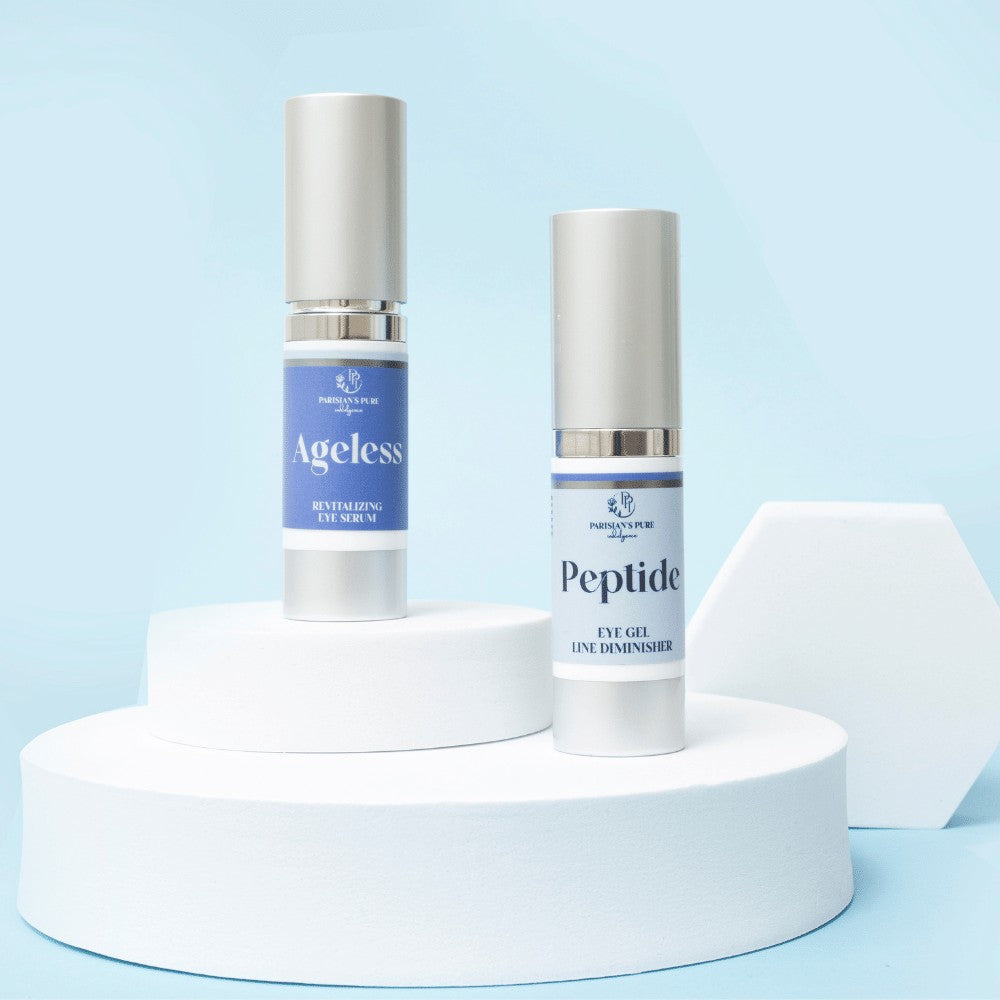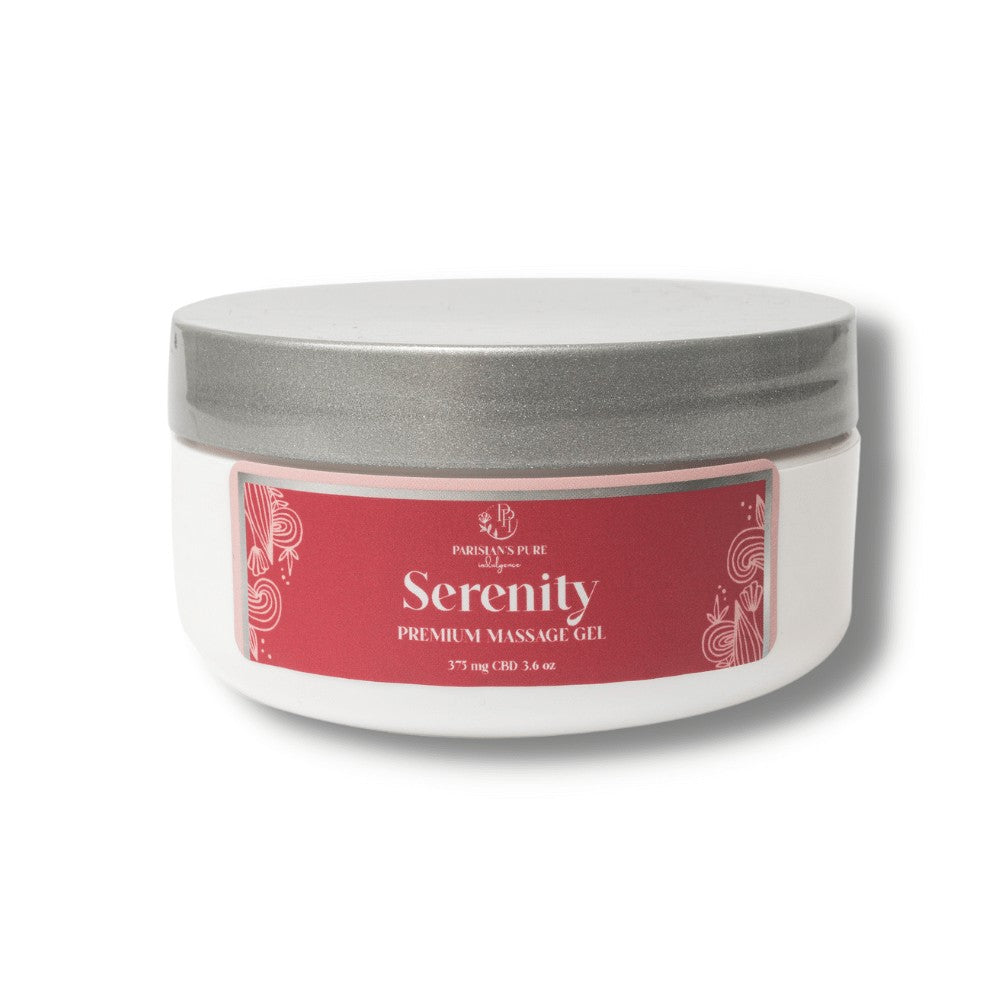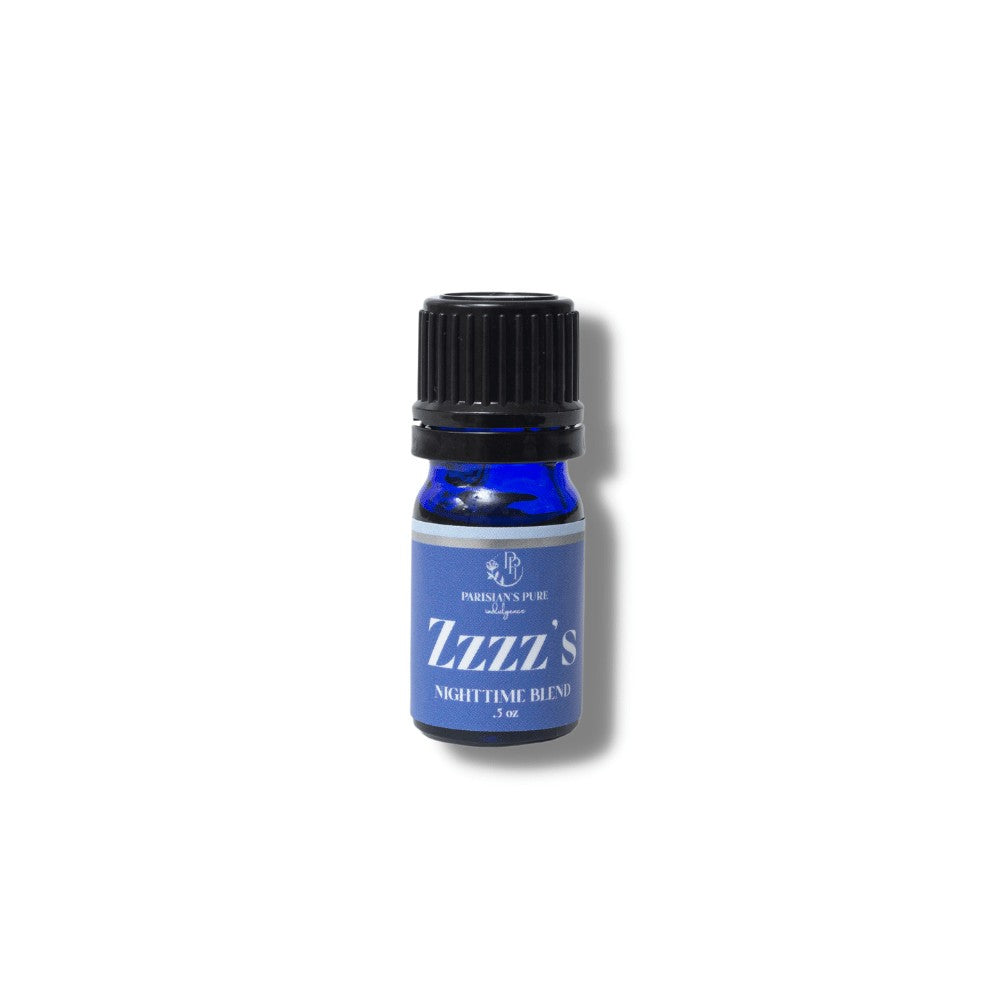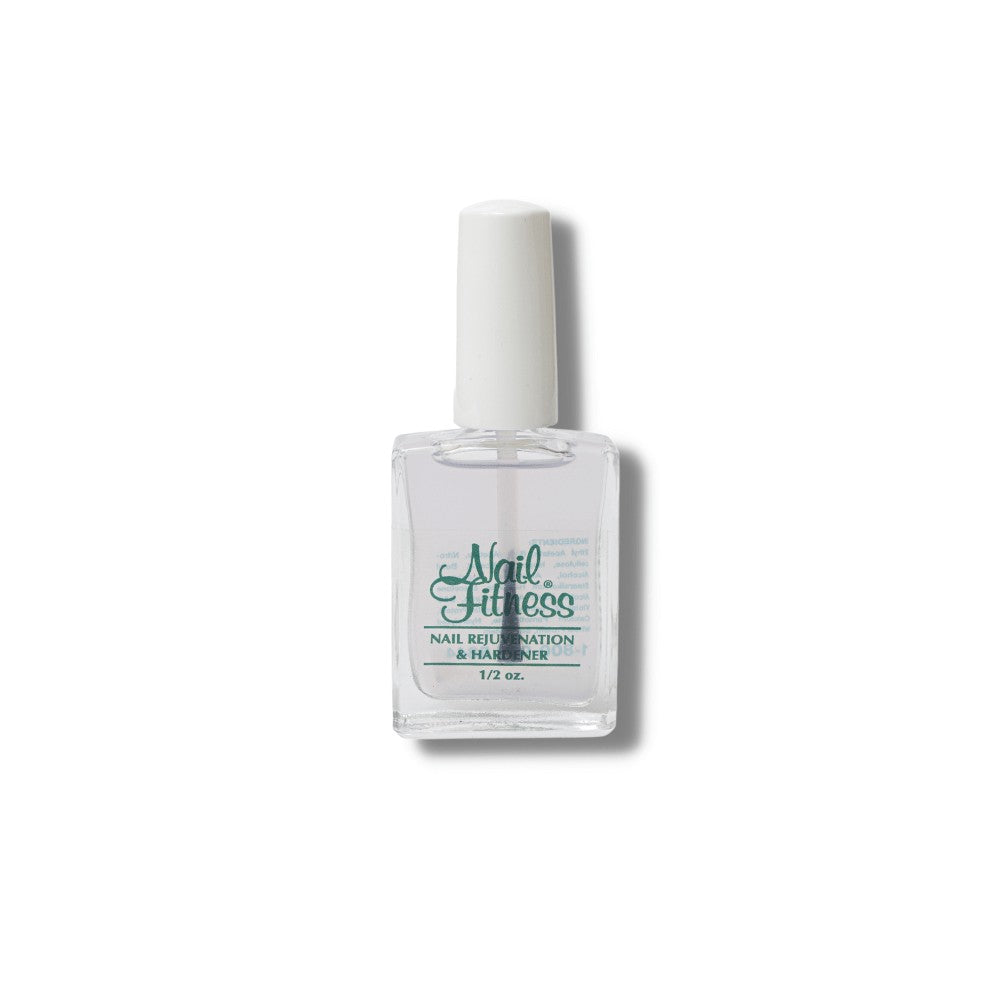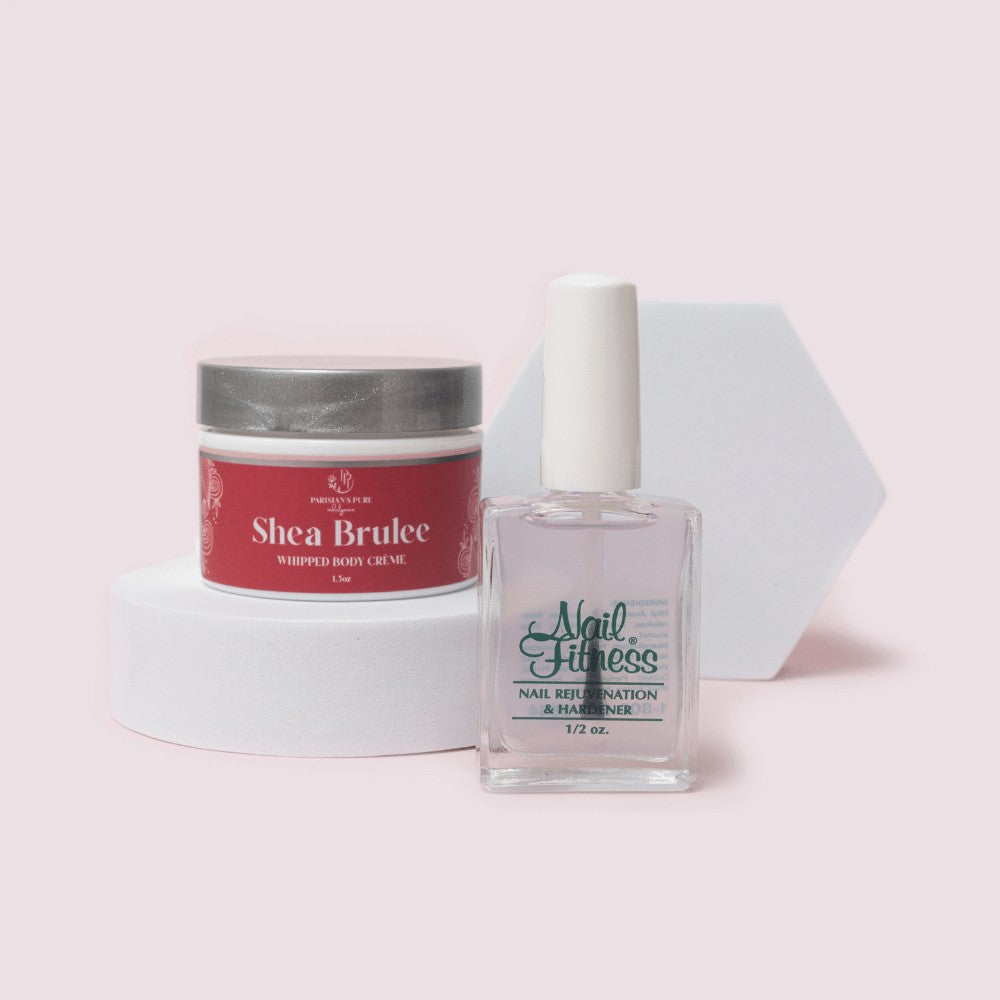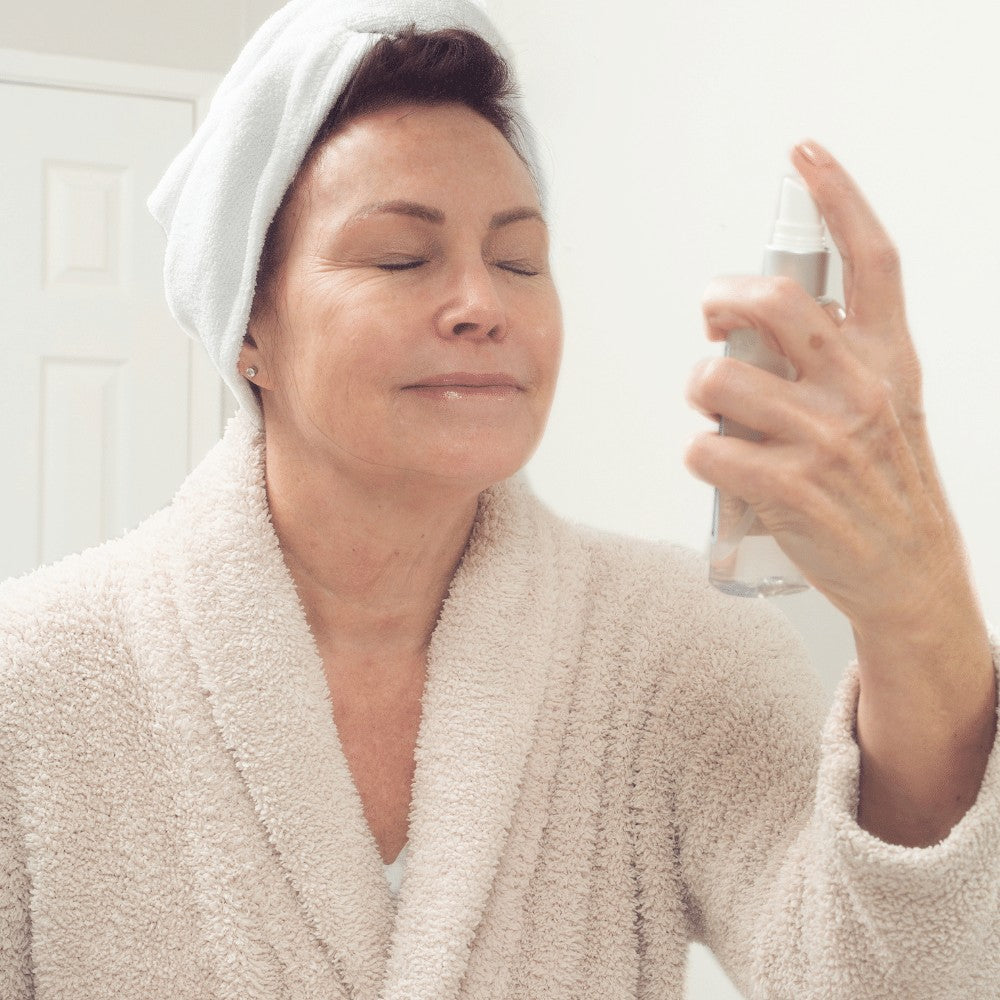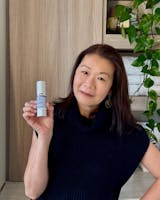You know that moment when you look in the mirror and think, "Wait, who is that old-looking person?"
I've definitely done that! I mean, I feel far younger than the woman looking back at me, and I bet you do too. It's frustrating when the energy you have inside isn't matching what you see on your skin.
If you've ever wondered why your skin seems to be aging ahead of schedule, you are absolutely not alone. Come with me—let's look at the four common things we're probably all doing without realizing it that are accidentally making our skin look older than it should!
1. You forgot to wash your face last night, didn't you?
We all have those nights where falling into bed sounds way better than hitting the sink—trust me, I get it! But here's the honest truth: when you skip cleansing, you're not just leaving makeup on; you're leaving a full day's worth of dirt, pollution, and free radicals to invade your pores. Yuck! It’s still surprising to me how many of us accidentally skip this step.
My personal tip? Cleanse right after dinner, before you even sit down to relax. That way, you can't be too tired to remember!
2. Pollution: The Invisible Threat We Need to Talk About
This is one of those big, scary topics that we feel powerless against, but I promise we can definitely do something about it! We all know air pollution is harmful when we breathe it in, but lately, more and more research is coming out about how these invisible particles are interacting directly with our skin and causing serious damage.
It turns out that pollution isn't just annoying; it's actively linked to things like increased skin allergies, premature aging, and a much slower recovery time when your skin gets damaged. Think of your skin as a shield—it’s trying its best to protect you, but a constant barrage of pollutants is just overwhelming.
As researchers recently reported in Effects of air pollution on the skin: A review on "Air pollutants damage the skin by inducing oxidative stress." This means all those chemicals and tiny particles floating around are essentially bombarding your skin cells, causing stress and leading to issues. Even though our skin is designed to be a biological shield, they warn that "prolonged or repetitive exposure to high levels of these pollutants may have profound negative effects on the skin." And here’s the kicker: this exposure works hand-in-hand with things like UV radiation, accelerating extrinsic aging and contributing to other serious skin concerns.
What can we do?
If you live in the city, you may be asking, what can I do to protect my skin from pollution?
a) Cleanse your skin regularly as mentioned earlier. Every night, at the very least, with a good cleanser and exfoliating polish (2-3 times per week) to remove excess oil or sebum, dirt and pollution.
b) Be sure your skin care products are rich in antioxidants, those wonderful free-radical fighters! Look for products high in ingredients like Niacinamide, Hyaluronic Acid, and Vitamin C.
Why? These ingredients have protective anti-inflammatory and cytoprotective (cell-protecting) properties which help slow collagen breakdown. They assist with cell turnover and trigger natural production of collagen, elastin and other "youth-proteins."
3. Quitting Your Products Too Soon (This is a huge, expensive mistake!)
I totally get it: you bought a beautiful new anti-aging moisturizer, you used it for two weeks, and you’re looking in the mirror wondering, "Where are the results?!" This is a habit that costs us time and money. Bouncing from product to product too quickly is one of the biggest reasons people think "nothing works" for their skin.
And don't even get me started on samples! Trying a sample of a new product and expecting to see results from a use or two is totally unrealistic.
Samples are simply designed to let you know a few things: Do you like the scent? Do you like the texture? And most importantly, does it cause any immediate irritation? They are not there to prove long-term efficacy—that takes weeks of consistent use!
Here’s the key truth you need to remember: Consistency is everything. Just like taking a daily vitamin or a medication, your skin needs continuous nourishment and support to change.
You simply can't expect a product to work effectively if you're only using it 2–4 days a week instead of daily! For any new product to produce a noticeable change in your complexion, you absolutely have to be consistent and give it at least 6–8 weeks of dedicated daily use.
Skipping days dramatically slows down progressand leaves you thinking the product is failing when, in reality, it just hasn't been given the continuous chance to work its magic. Daily use is critical—that consistency is what unlocks the results!
Why the wait? It all comes down to science and your body's natural cycle. One full skin cell cycle—the time it takes for brand new cells to form and reach the very top layer of your skin—takes approximately 30 days. So, if you want to see a real difference in texture, tone, and clarity, you absolutely need to use products for longer than a month.
And when it comes to serious anti-aging concerns, the timeline gets even longer. Your skin takes around four months to re-generate new collagen and elastin, which are the structural components that keep your skin firm and youthful. You must stick with those targeted treatments for the long haul to truly see them firm, smooth, and deliver on their promises. Give those products a chance to actually do their job!
4. Loading Up on Too Many Inflammatory Foods (The Inside-Out Secret)
Okay, let's talk about something we all struggle with sometimes: what we put on our plates! I know we focus so much on topical creams, but the truth is, what you eat can age your skin faster than almost anything else. Specifically, eating too many inflammatory foods is a silent skin-ager. Things like certain vegetable oils, margarine, processed red meats, white bread, and especially sugary, processed foods can trigger a cascade of inflammation throughout your body. And guess what inflammation accelerates? Wrinkle formation!
Nourish Your Skin from the Inside Out
The good news is that we can fight back with food! To actively prevent premature aging, we want to flood our bodies with nutrients that fight inflammation and build healthy cells.
First, stock up on healthy fats! You need foods rich in omega-3 fatty acids and alpha-linolenic acid (ALA). These are essential for helping your skin maintain that beautiful, soft, and supple look. Think about adding flaxseeds, flaxseed oil, avocados, fatty fish like trout or salmon, and various nuts into your daily meals. These fats are literally the building blocks for healthy, flexible cell membranes.
Second, load up on colorful fruits and veggies! Fresh produce is absolutely bursting with anti-aging power. Look for foods abundant in zinc, selenium, Vitamin C, and beta-carotene. These are the key players in two vital processes:
-
Collagen Production: They help your body naturally produce the collagen that keeps your skin firm and bouncy.
-
Free-Radical Defense: They protect your skin cells from the environmental free radicals we talked about in point #2!
Red bell peppers, carrots, and broccoli are particularly wonderful options, as they are truly loaded with Vitamin C.
And finally, don't forget your protein! Studies consistently show that skimping on protein can actually contribute to wrinkles and fine lines, and compromise the structural integrity of your skin. This is your cue to aim for at least one protein-containing food (like eggs, poultry, Greek yogurt, or beans) at every single meal. Giving your body the necessary amino acids helps repair and maintain those precious skin tissues!

